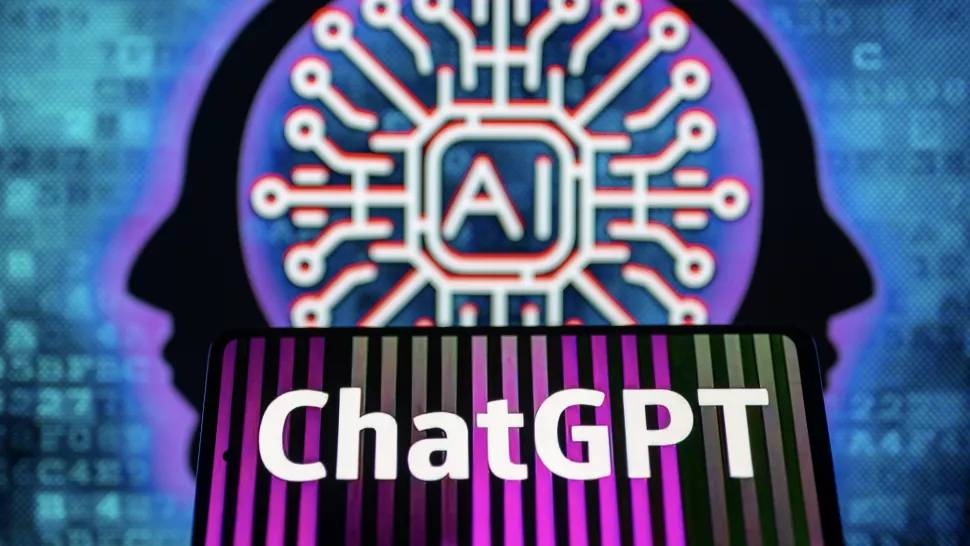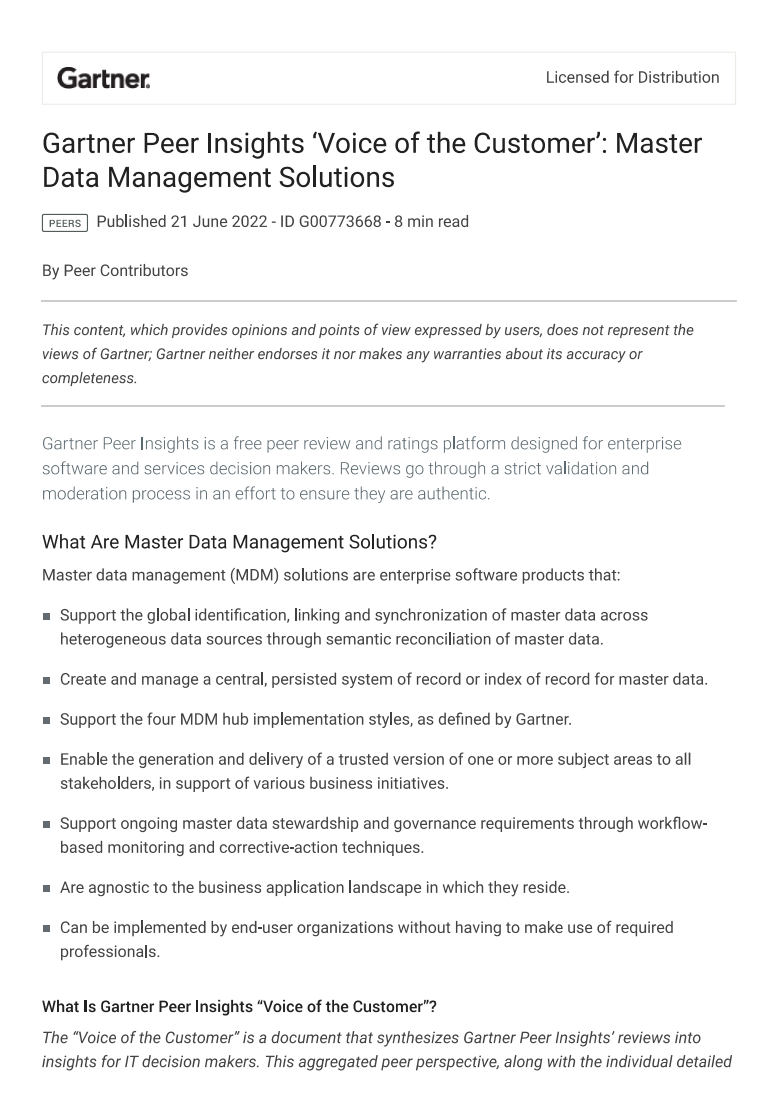Software engineers must embrace generative AI or risk job progression, Gartner says
Leaders will be expected to embrace more nuanced skills related to generative AI as its popularity builds


Enterprises are expected to require increased understanding and oversight of generative AI tools among software engineering leaders in the coming years, according to research from Gartner.
By 2025, the consultancy predicts that “more than half” of all software engineering leader role descriptions will include explicit requirements for oversight of generative AI as firms increase their use of the burgeoning technology.
Gartner said the study highlights both the increased adoption of tools among enterprises as well as the evolving requirements of senior practitioners in effectively harnessing generative AI to deliver value.
Haritha Khandabattu, senior director analyst at Gartner, noted that the emergence of generative AI will have a profound effect on future managerial role requirements.
“Outside of generative AI’s impact on technology implementation, it also changes the managerial responsibilities of software engineering leaders,” he said.
In the long term, the consultancy said firms will expect software engineering leaders to consider a range of variables when deploying and effectively harnessing generative AI.
This includes more finely curated team management based on relevant skills, as well as an innate understanding of the ethical considerations of using generative AI tools.
Get the ITPro daily newsletter
Sign up today and you will receive a free copy of our Future Focus 2025 report - the leading guidance on AI, cybersecurity and other IT challenges as per 700+ senior executives
Gartner said that software engineering leaders (SWELs) “should be cautious” when using generative AI technology, and suggested that senior practitioners should become more deeply involved in developing and fine-tuning ethical guidelines at their respective firms.
“SWELs must work with, or form, an AI ethics committee to create policy guidelines that help teams responsibly use generative AI tools for design and development,” Gartner said.
RELATED RESOURCE

Driving disruptive value with Generative AI
Discover how your business can responsibly leverage generative AI solutions at scale.
“SWELs play a key role in identifying and helping to mitigate the ethical risks of any generative AI products that are developed in-house or purchased from third-party vendors.”
With an increase in businesses considering the adoption of generative AI, Gartner said software engineering leaders will be forced to showcase the value proposition of tools to senior executives too.
This will require senior practitioners to “build a compelling business case for ongoing investment in their teams” and will necessitate more up-front and candid communication with teams over the potential implications of adoption.
With this in mind, leaders must be “transparent with their teams” and focus conversations on how generative AI will enhance developer productivity, rather than how it could potentially replace staff or render positions obsolete.
“Generative AI will not replace developers in the near future,” said Khandabattu. “While it has the ability to automate certain aspects of software engineering, it cannot replicate the creativity, critical thinking, and problem-solving abilities that humans possess.
“Leaders should reinforce the value of their teams by demonstrating how generative AI is a force multiplier that can enhance efficiency.”
Long-term, Khandabattu warned that leaders who fail to adapt to these changing requirements could find themselves losing out on senior positions.
“Software engineering leaders will find themselves at a significant disadvantage if they do not recognize and adapt to these changes – facing the risk of being replaced by those who embrace this disruptive technology.”

Ross Kelly is ITPro's News & Analysis Editor, responsible for leading the brand's news output and in-depth reporting on the latest stories from across the business technology landscape. Ross was previously a Staff Writer, during which time he developed a keen interest in cyber security, business leadership, and emerging technologies.
He graduated from Edinburgh Napier University in 2016 with a BA (Hons) in Journalism, and joined ITPro in 2022 after four years working in technology conference research.
For news pitches, you can contact Ross at ross.kelly@futurenet.com, or on Twitter and LinkedIn.
-
 Third time lucky? Microsoft finally begins roll-out of controversial Recall feature
Third time lucky? Microsoft finally begins roll-out of controversial Recall featureNews The Windows Recall feature has been plagued by setbacks and backlash from security professionals
By Emma Woollacott Published
-
 The UK government wants quantum technology out of the lab and in the hands of enterprises
The UK government wants quantum technology out of the lab and in the hands of enterprisesNews The UK government has unveiled plans to invest £121 million in quantum computing projects in an effort to drive real-world applications and adoption rates.
By Emma Woollacott Published
-
 Generative AI has had "no material impact" on IT spending
Generative AI has had "no material impact" on IT spendingNews 2025 could be a watershed year for generative AI-related IT spending
By Ross Kelly Published
-
 More than half of firms now using generative AI
More than half of firms now using generative AINews Nearly half of firms are now using generative AI tools in full production, compared to just 4% in March
By Rory Bathgate Published
-
 Gartner urges CISOs to adopt new forms of trust and risk management for AI
Gartner urges CISOs to adopt new forms of trust and risk management for AINews CISOs will need to deploy new strategies for best-case implementations of AI
By Rory Bathgate Published
-
 AI security tools see mounting investment as businesses scramble to mitigate generative AI’s issues
AI security tools see mounting investment as businesses scramble to mitigate generative AI’s issuesNews Generative AI providers don't currently have the confidence of business leaders when it comes to sending sensitive data to their clouds
By Rory Bathgate Published
-
 AI chips revenue to reach $53 billion in 2023, Gartner predicts
AI chips revenue to reach $53 billion in 2023, Gartner predictsNews Demand for customized AI hardware is driving huge growth in the market
By Rory Bathgate Published
-
 Gartner peer insights: Voice of the customer
Gartner peer insights: Voice of the customerWhitepaper Master data management solutions
By ITPro Published
-
 Gartner urges CIOs to consider AI ethics
Gartner urges CIOs to consider AI ethicsNews A new report says CIOs must guarantee good ethics of "smart machines" in order to build trust
By Caroline Preece Published
-
 Gartner big data research suggests growing IT director interest
Gartner big data research suggests growing IT director interestNews Market watcher cites competitive fears and greater understanding as reasons for growing interest in big data.
By Caroline Donnelly Published